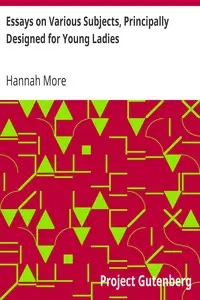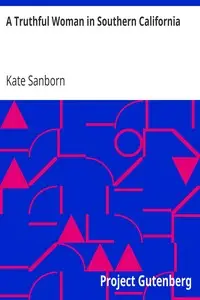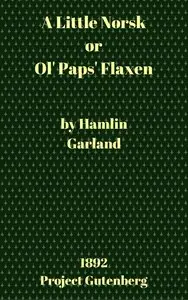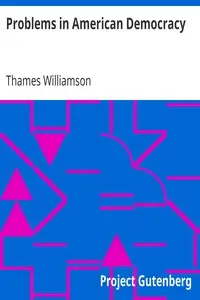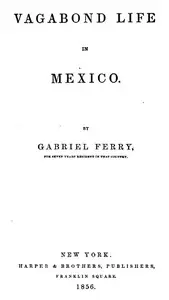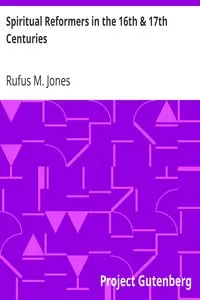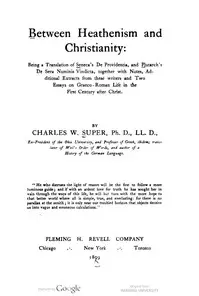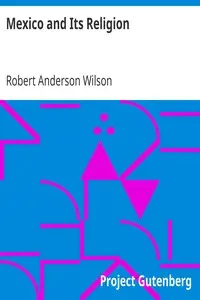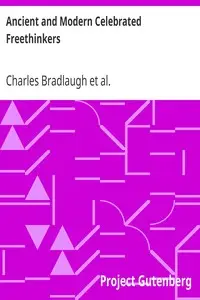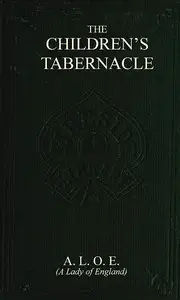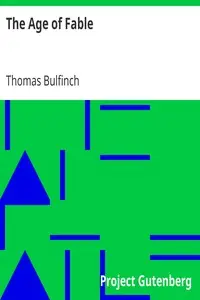"The Shepherd of Salisbury Plain, and Other Tales" by Hannah More is a collection of moral and instructive stories written in the mid-19th century. The narratives highlight themes of virtue, faith, and the dignities of humble life, often focusing on characters from the lower social classes. The opening tale introduces Mr. Johnson, a charitable gentleman, and an honest shepherd, emphasizing the value of a pious and industrious life. The beginning of the collection presents Mr. Johnson as he travels across the Wiltshire plains and encounters a shepherd who shares his profound thoughts on life, faith, and the happiness found in humble circumstances. The shepherd’s reflections reveal his contentment despite poverty, underscoring the idea that true wealth lies in spiritual fulfillment rather than material riches. Their conversation touches upon the hardships he faces and highlights the shepherd's deep reliance on his faith and the lessons drawn from the Scriptures. This interaction sets the tone for a series of tales that aim to uplift and provide moral lessons for readers. (This is an automatically generated summary.)
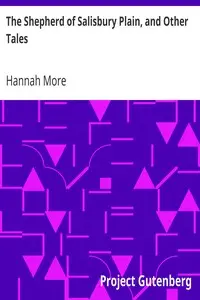
The Shepherd of Salisbury Plain, and Other Tales
By Hannah More
"The Shepherd of Salisbury Plain, and Other Tales" by Hannah More is a collection of moral and instructive stories written in the mid-19th century. Th...
Hannah More was an English religious writer, philanthropist, poet, and playwright in the circle of Johnson, Reynolds and Garrick, who wrote on moral and religious subjects. Born in Bristol, she taught at a school her father founded there and began writing plays. She became involved in the London literary elite and a leading Bluestocking member. Her later plays and poetry became more evangelical. She joined a group opposing the slave trade. In the 1790s she wrote Cheap Repository Tracts on moral, religious and political topics, to distribute to the literate poor. Meanwhile, she broadened her links with schools she and her sister Martha had founded in rural Somerset. These curbed their teaching of the poor, allowing limited reading but no writing. More was noted for her political conservatism, being described as an anti-feminist, a "counter-revolutionary", or a conservative feminist.






